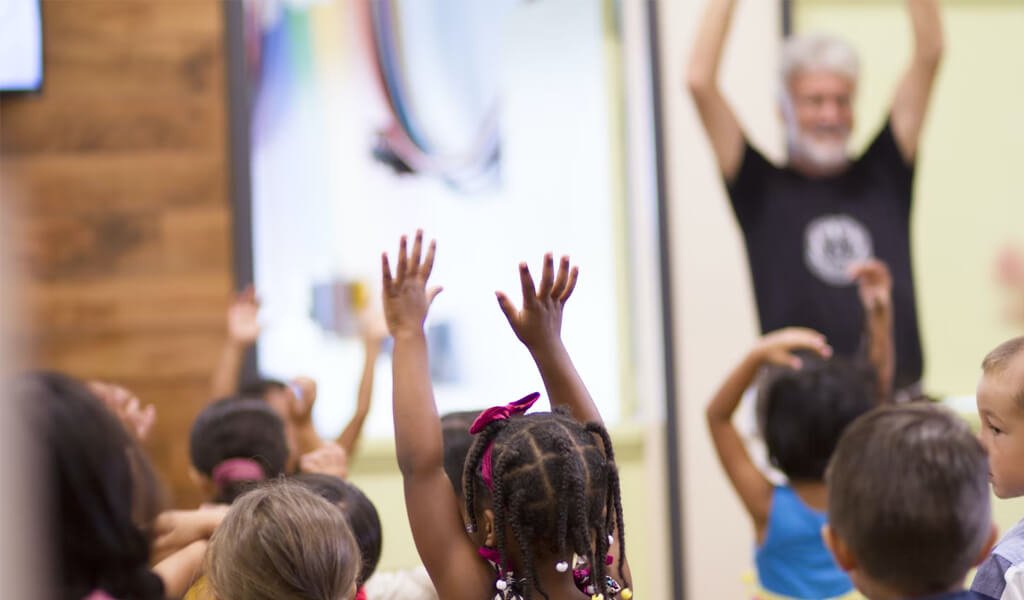Structured vs. Free Play: Which is Better?
As we know, children love to play. It comes with a heap of mental, physical, social and emotional benefits. Therefore we consider it key to children living active and happier lives. Play is often categorised into two sections, structured and free play. In this article, PlaySmart will explore the different types of play and which we recommend.

Structured Play
Structured play means play that is led, organised and/or supervised by adults. This can involve any number of activities, such as running, jumping, reading, dancing and so on. There is usually a routine or ‘end goal’ set in place by the adult overseeing the playing.
Benefits of Structured Play
Just as free play comes with its own set of unique benefits, so does structured play. Both are equally important when it comes to teaching children valuable life skills. Although they each have something unique from the other. Some of these benefits include:
- Following instructions. It’s important for children to be able to take instruction from adults, as this can help keep them out of dangerous or potentially harmful situations. This also develops important active listening skills, which is important for teaching children how to listen, take in information, take part in a conversation, and so on.
- Teamwork. A lot of structured play scenarios involve the teacher splitting children into groups or teams, which means they have to learn to work with others, think about others and not just themselves.
- Setting and achieving goals. By having a goal set for them, children taking part in structured play have an end goal to work towards. This equips them for navigating their way through puzzles and problems to achieve a common end result.

Free Play
Whereas structured play has more set goals and supervision, free play is usually a matter of children deciding their play conditions on their own terms. When children engage in free play, their imagination can take free reign, and is not influenced by conditions or suggestions from adults. Whilst adults can still oversee the playing, they will typically only intervene when safety is concerned; the rest of the time, children are free to create their own games and narratives out of their imagination.
Benefits of Free Play
Where structured play can benefit in more logical and practical ways, free play hones more creative – but equally important – skills.
- Socialisation. Being free to take their play in whichever direction they prefer means that children will communicate ideas and instructions to their peers to make enjoyable and creative games. This results in children being able to share, take turns and make friends, which is essential for emotional development.
- Imagination. By having no limits imposed on their play, children will naturally be creative and develop their imagination. This lends itself to a ‘thinking outside the box’ mentality, which is helpful when it comes to education, especially in subjects requiring logical thinking and problem solving.
- Language skills development. When children have more independence in play, they will need to learn how to move and communicate in an effective way by themselves. Naturally, children will learn how to communicate their feelings, wants and needs to their playmates. This helps children develop the ability to communicate calmly and effectively.

Which is Better?
As you can see, structured and free play both have equally important roles in childhood development. PlaySmart believe in facilitating both types of play on the playground, and that their combination leads to developed, responsible and independent children. Whilst it is important to be able to follow instructions and work towards common goals, it is equally important for children to follow their imagination and let their creativity flow!


